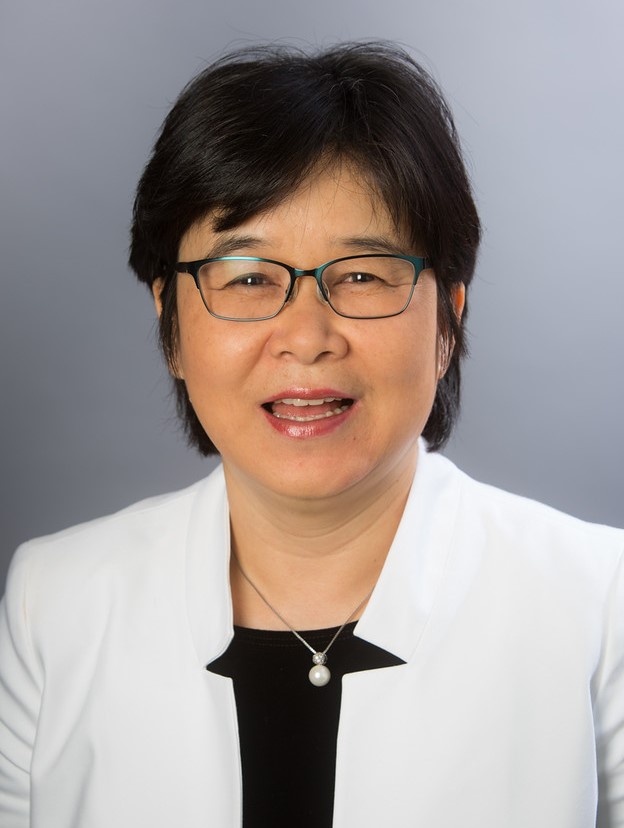Hong, OiSaeng
Professor Director of the PhD Program School of Nursing, University of California, San Francisco (UCSF).Current Position:
- Professor Director of the PhD Program School of Nursing, University of California, San Francisco (UCSF).
- Director, Occupational and Environmental Health Nursing Graduate Program, National Institute for Occupational Safety and Health (NIOSH) Education and Research Center.
- Executive member and affiliate professor, Northern California Center for Occupational and Environmental Health (COEH) School of Public Health, University of California, Berkeley (UCB).
- Visiting Professor, China Medical University (CMU) School of Nursing, Taichung, ROC (Taiwan)
Education:
- BS and MS, Yonsei University, Seoul, South Korea
- PhD, University of Illinois at Chicago, Chicago, Illinois, USA Postdoctoral Fellowship, University of Michigan, Ann Arbor, Michigan, USA
Professional Experience:
- President, Asian American Pacific Islander Nurses Association (AAPINA) President, Global Korean Nursing Foundation (GKNF)
- Board of Directors, Asian American Pacific Islander Nurses Association (AAPINA); World Academy of Nursing Science;
- Expert Advice/Consultant, Asiana Airlines, South Korea; Occupational Health
- Nursing Program, University of São Paulo at Ribeirão Preto College of Nursing –
- Brazil, WHO Collaborating Centre for Nursing Research Development; Semmelweis University Faculty of Health Sciences, Department of Nursing and Health Education, Budapest, Hungary; Thai Occupational Health Nurses Association Capacity development for occupational health nurses within ASEAN (Association of Southeast Asian Nations)-OHNET(occupational health network).
- Journal Editorial Boards
- American Association of Occupational Health Nurses (AAOHN) Journal
- Nursing Research
- Safety and Health at Work
- Pacific Rim International Journal of Nursing
Special Honor:
- Fellow of the American Academy of Nursing.
- Fellow of American Academy of Occupational Health Nursing
- Global Leader in Doctoral Education Award, International Network of Doctoral Education in Nursing.
- Induction to The Sigma Theta Tau International Nurse Researcher Hall of Fame
- Fulbright Senior Researcher to Taiwan, The U.S. Department of State
- Bureau of Educational and Cultural Affairs
演講主題:
Technology-based Tailored Occupational Health and Safety Interventions: Implications for Post-COVID Pandemic World.
The COVID-19 pandemic has resulted in unprecedented challenges to public health and safety. The pandemic has also stimulated the use of mobile digital technology for our communications in many aspects of our lives, including work, public health, and personal matters. This presentation will describe the development and implementation of internet- and mobile-technology-based, tailored, multimedia health and safety training programs, and the implications for the post COVID-19 pandemic era.
Based on health behavioral theories (Health Belief Model and Self-Efficacy) and the principles of participatory research, our research team developed and tested the efficacy of internet-based tailored intervention programs to prevent noise-induced hearing loss and cardiovascular disease with working populations, including construction workers and career firefighters in the United States. Internet/mobile technology is not new, but has been used for health and safety trainings for workers. Advantages of an internet application include autonomy and ease of use with the program readily available at any time or schedule; easy return to the program if/when interrupted; tailored content of the training based on an individual user’s responses to the questionnaire and hearing test results to address his/her educational needs; provision of immediate positive feedback to promote learning and retention; interactive tools, video, sound, animation, graphics, and interactive components to help increase user attention; and real time data and an electronic database of detailed information from the program that is easily generated and maintained via computer.
The programs were developed by the collaborative team of workers and their stakeholders, as well as multidisciplinary experts in the areas of occupational medicine, industrial hygiene, occupational nursing, graphic design, and computer engineering. We incorporated the concept of ‘tailoring’ in designing interventions to address individual workers’ salient characteristics and experiences, significant predictors of health and safety behaviors, and goals, needs, preferences and resources. The program was tested in a randomized experimental pretest-posttest control group design. According to the qualitative data, the participants were very positive.
In the post-pandemic world, many more workplaces are expected to transition to decentralized and remote workspaces connected by internet and mobile technologies.
Aforementioned advantages of computer technology and highly positive feedbacks from our study participants support the approach of utilizing internet/mobile technology for workers’ health and safety training.

